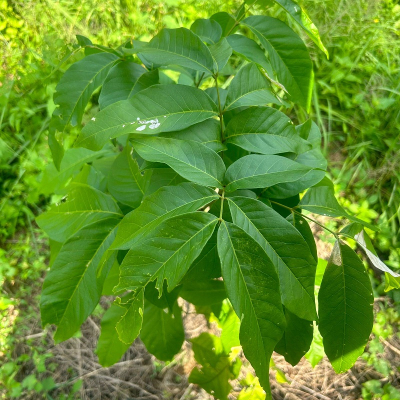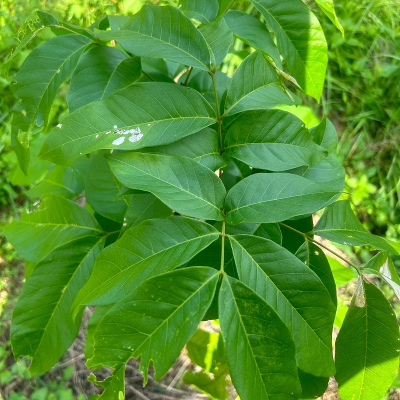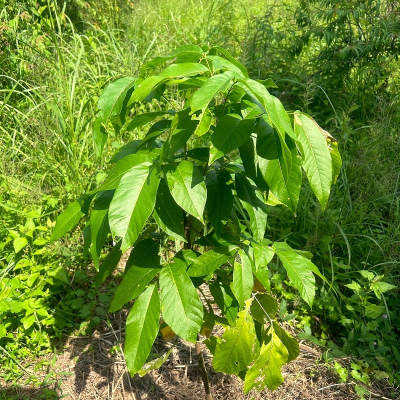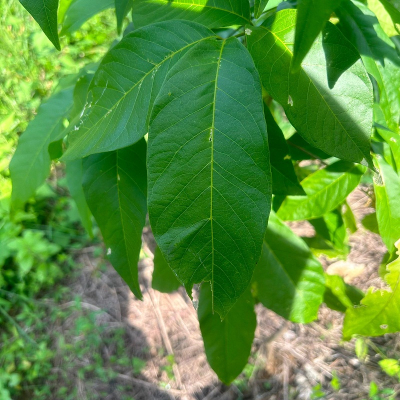Sapindus trifoliatus L.
Synonyms : Sapindus laurifolia Vahl.
Family : Sapindaceae
Parts Used : Root , Fruit , Bark
Vernacular Names :-
| English | : | Soap nut tree |
| Malayalam | : | Urunchi, Uruvanchi, pasakkotta |
| Hindi | : | Ritta |
| Sanskrit | : | Phenilah, Aristakah |
| Kannada | : | Kugatemara,Kugatekaye |
| Tamil | : | Puvankottai, Ponnankottai |
| Telungu | : | Kunkutikaya, Kumkuticettu, Phenilamu, Kumkullu |
Distribution and habitat: Throughout India.
Botany: A medium sized deciduous tree up to 20 m in height with grey smooth bark, peeling off in scales.
- Leaves: Pinnate, leaf lets 2-3 pairs, terminal pair being the largest.
- Flowers : white, polygamous, male flowers many, bisexual flowers few, all in the same pubescent panicle.
- Fruits : Fleshy drupes, the pulp becoming a saponaceous wrinkled rind on drying.
- Seeds : Black.
Chemical constituents: Saponins- sapindoside A and sapindoside B. Nut contain Kaempferol, quercetin and β-sitosterol.Saponin emarginatoside from fruits.
Uses:
- The root and bark are expectorant and demulscent.
- The fruits are acrid, bitter, thermogenic, emetic, astringent, expectorant and tonic.
- Treatment of Hysteria, epilepsy and hemicrania, ulcers, asthma, diarrhoea, cholera, verminosis, lumbago and gastralgia
Propagation: Seeds




